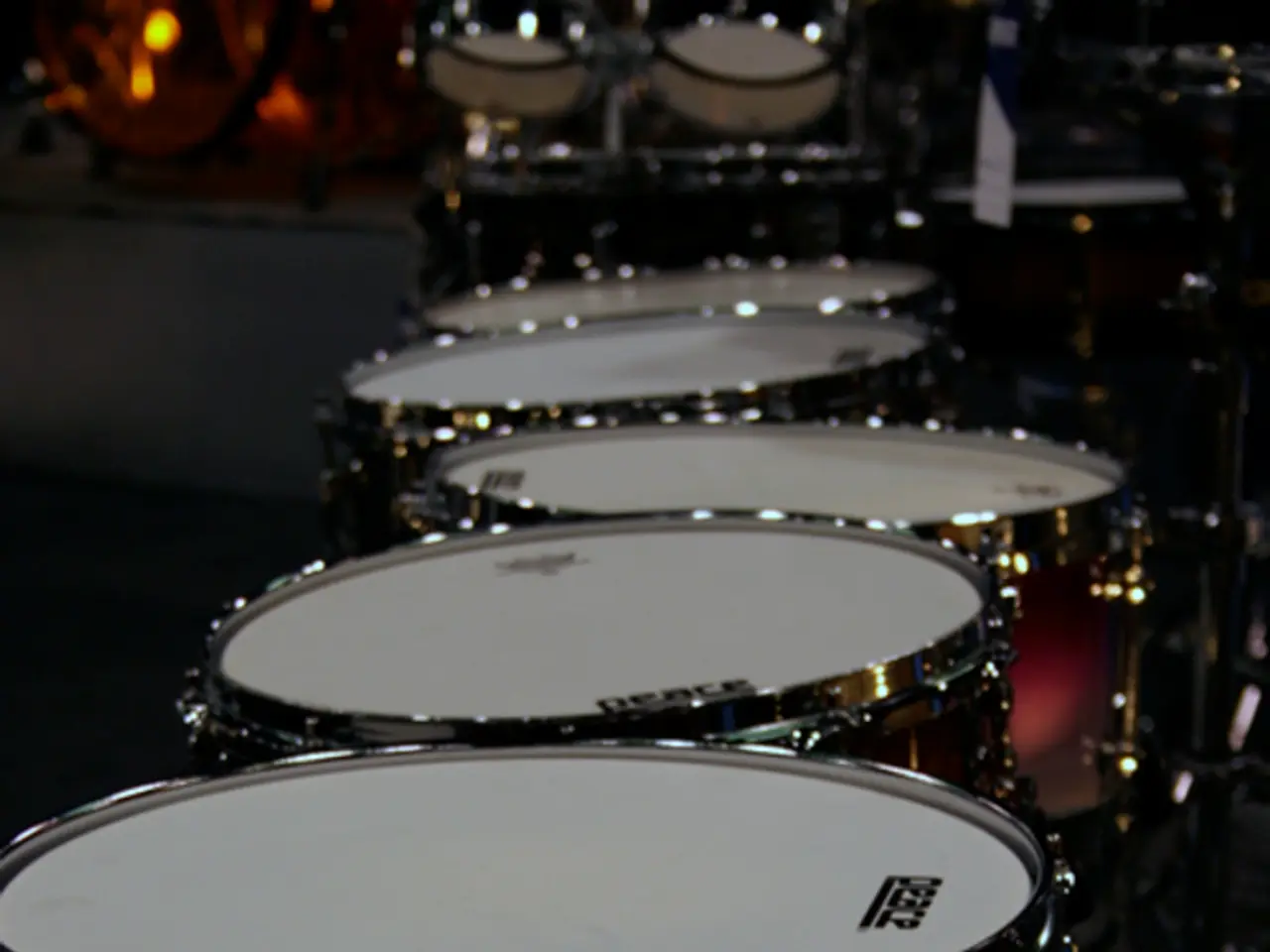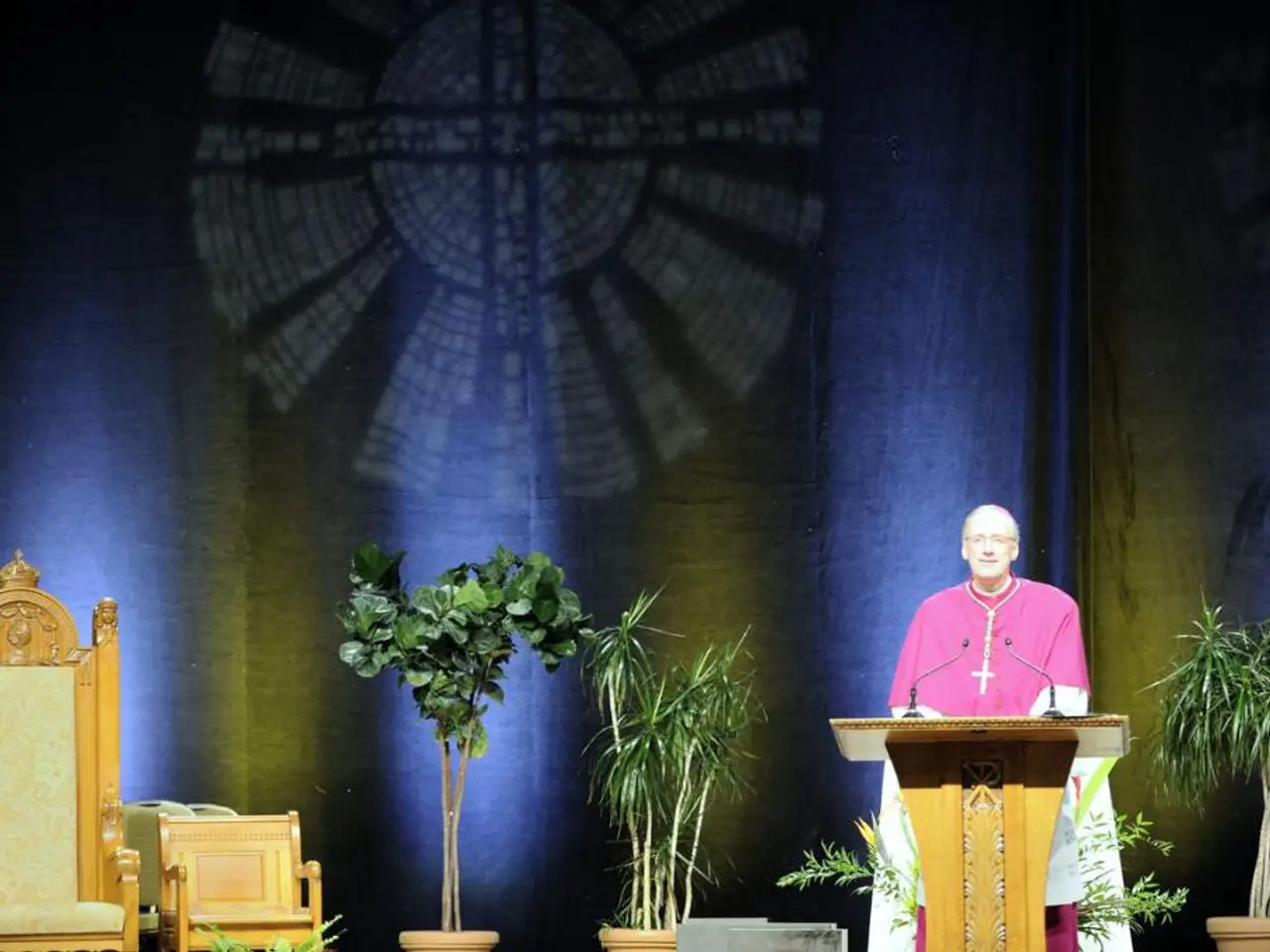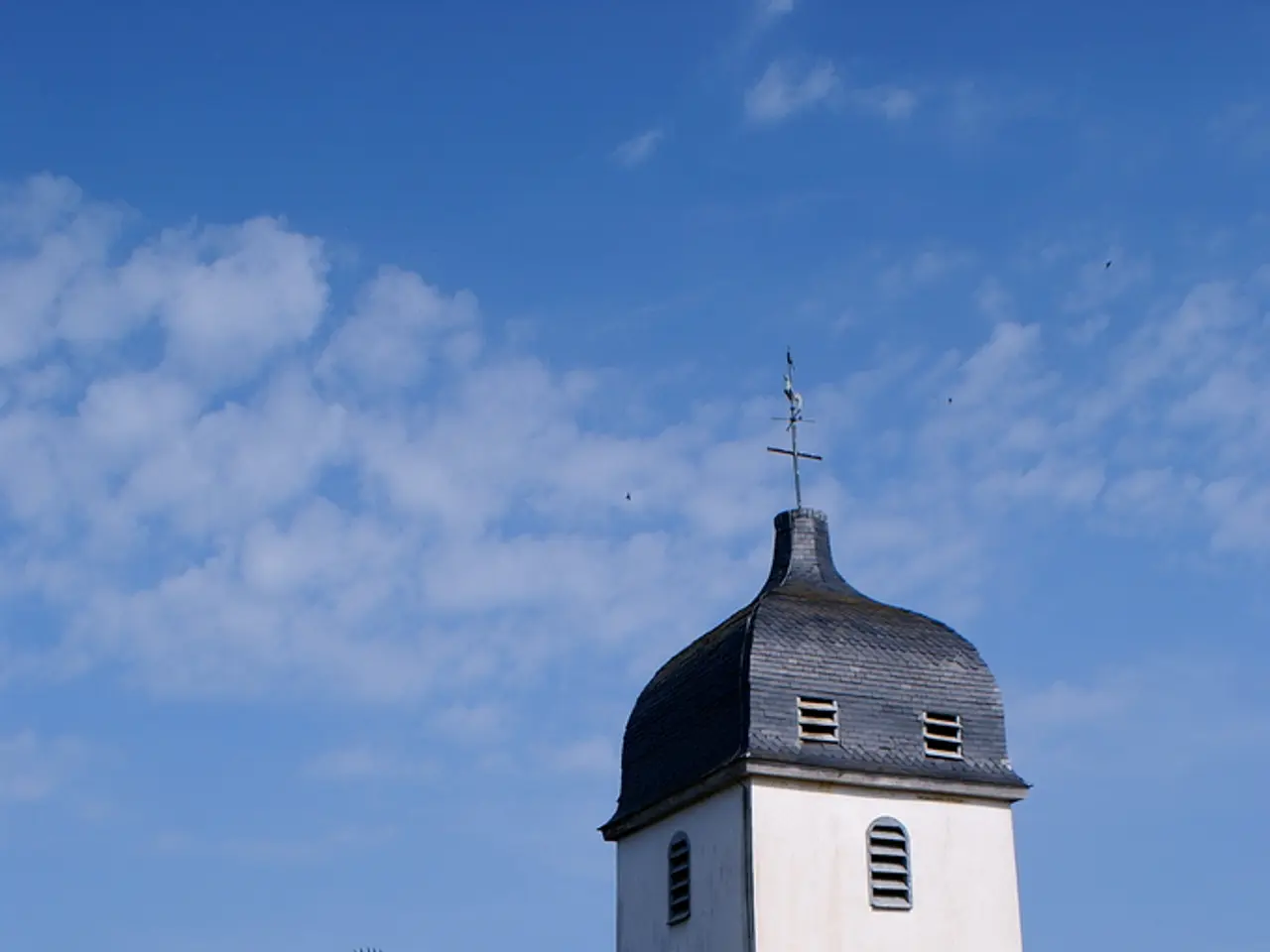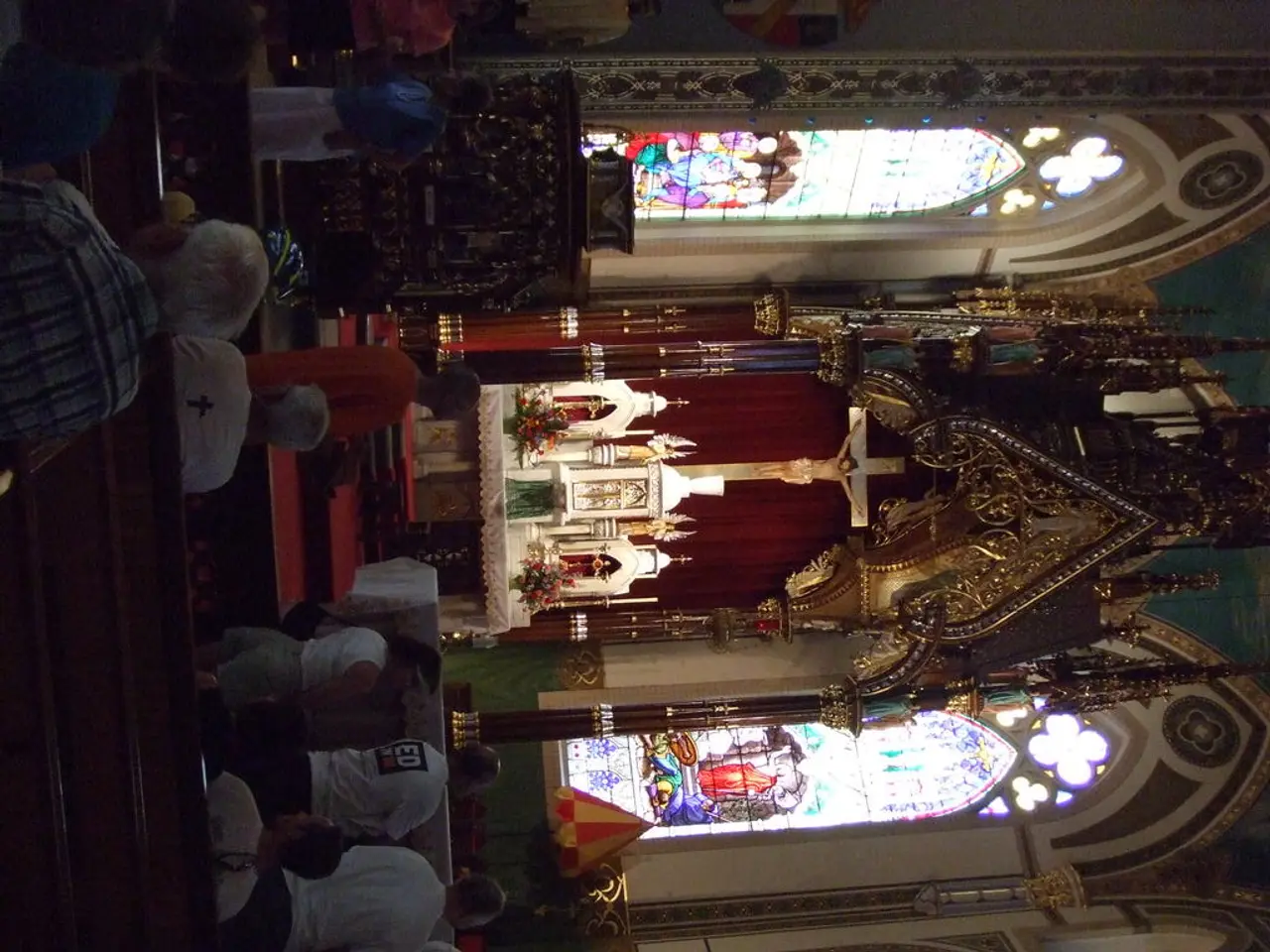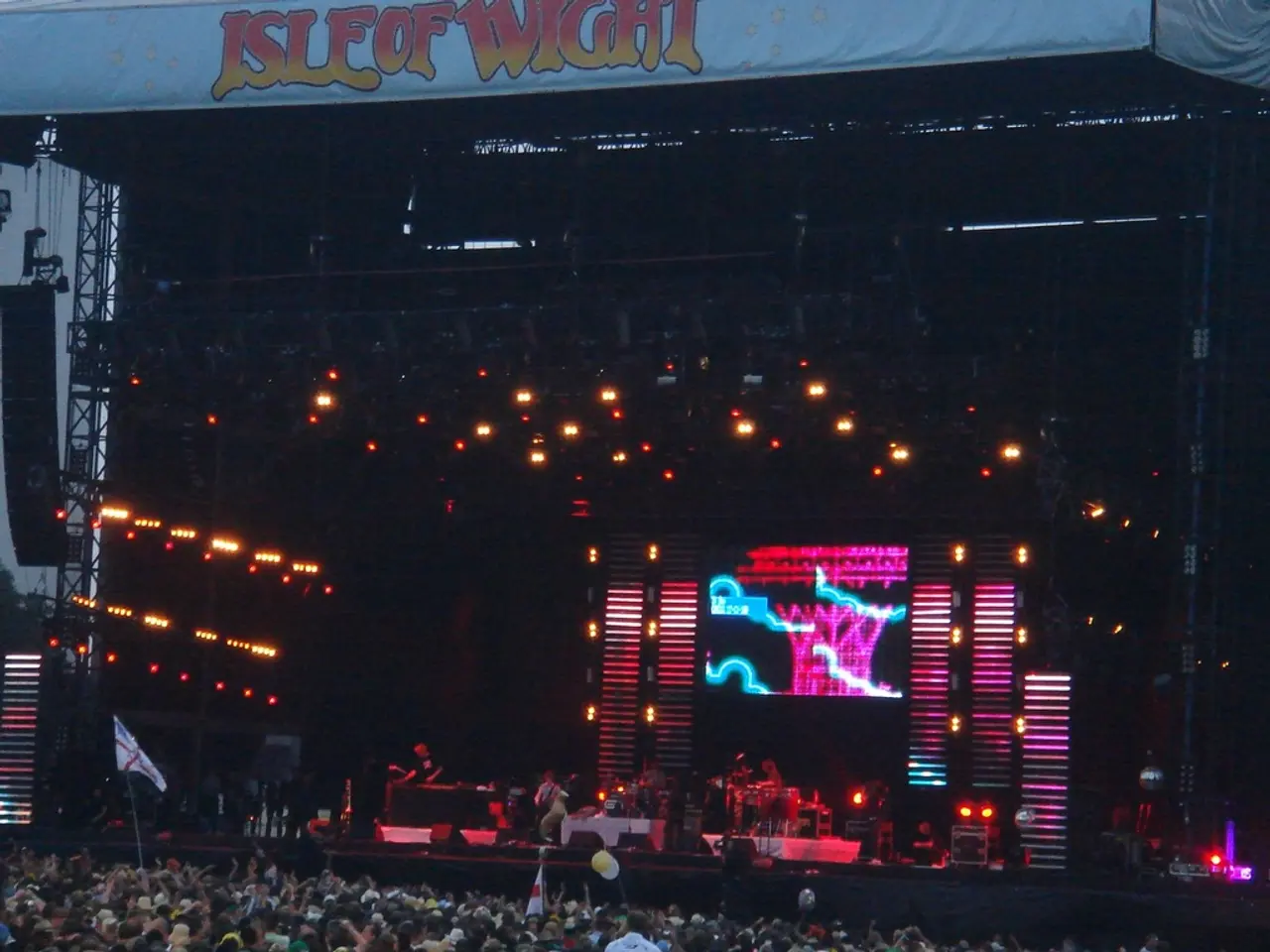International rivalry: Dispute between France and Equatorial Guinea over a luxury property in Paris set for resolution at the United Nations International Court
In a dispute that highlights tensions over sovereignty, diplomatic immunity, and anti-corruption enforcement, Equatorial Guinea has asked the International Court of Justice (ICJ) for emergency orders to prevent France from selling a luxurious mansion in Paris near the Arc de Triomphe. The property, estimated to be worth over €100 million, was seized by French authorities after the conviction of Vice President Teodoro Nguema Obiang Mangue under a law targeting fortunes fraudulently amassed by foreign leaders.
Equatorial Guinea claims the property serves as a diplomatic mission and argues that France's actions violate the Vienna Convention on diplomatic immunity. However, the ICJ ruled in a prior 2016 case that the property was not an embassy but Teodorin's private residence, siding with France. France maintains the building has no diplomatic function and that Equatorial Guinea only designated it as an embassy after French investigations began, while already having an official embassy elsewhere in Paris.
The ICJ is now actively considering Equatorial Guinea’s newest request and is expected to rule on the emergency measures soon. While ICJ rulings are binding, the Court lacks direct enforcement power, as seen in previous cases like ordering Russia to cease its invasion of Ukraine, which went unheeded.
Equatorial Guinea accuses France of "neo-colonial" behavior, with its ambassador to France condemning Paris’s seizure as paternalistic and a challenge to Equatorial Guinea’s sovereignty. The Central African nation is asking the ICJ to order France to give it "immediate, complete, and unhindered access" to the building.
The ICJ has a heavy docket, including other high-profile cases, but emergency measures requests take precedence. The Court is also handling a busy caseload, including a high-profile case brought by South Africa against Israel, alleging its actions in Gaza have breached the UN Genocide Convention.
Key Details:
- Property: Swanky Paris mansion near Arc de Triomphe, valued >€100 million - Current holders: Seized by French authorities after corruption conviction - Legal action: Equatorial Guinea asked ICJ for emergency orders - Equatorial Guinea’s claim: Property is diplomatic mission, seizure violates Vienna Convention - France’s stance: Property is private residence of Teodorin - Previous ICJ ruling (2016): Sided with France - Accusation by Equatorial Guinea: France exhibits neo-colonial and paternalistic actions - ICJ power: Can issue orders but lacks enforcement mechanisms - Status: ICJ reviewing emergency order request; public ruling pending
This dispute encapsulates tensions over sovereignty, diplomatic immunity, and anti-corruption enforcement between a former colonial power and its former colony, played out on an international legal stage.
- In this dispute, Equatorial Guinea accuses France of displaying Neo-colonial and paternalistic behaviors towards the Central African nation.
- The property at the heart of the dispute, a luxurious mansion in Paris, is currently seized by French authorities, following Vice President Teodoro Nguema Obiang Mangue's corruption conviction.
- Equatorial Guinea contends that the property functions as a diplomatic mission, arguing France's actions violate the Vienna Convention on diplomatic immunity, while France maintains it has no diplomatic function.
- The International Court of Justice (ICJ) is examining Equatorial Guinea's request for emergency measures regarding the mansion, with a ruling on the emergency measures imminent.
- The ICJ, while having the power to issue orders, lacks direct enforcement mechanisms, which has been demonstrated in previous cases such as ordering Russia to cease its invasion of Ukraine.
- In addition to this dispute, the ICJ also has a heavy caseload, including a high-profile case brought by South Africa against Israel for alleged breaches of the UN Genocide Convention in Gaza.

